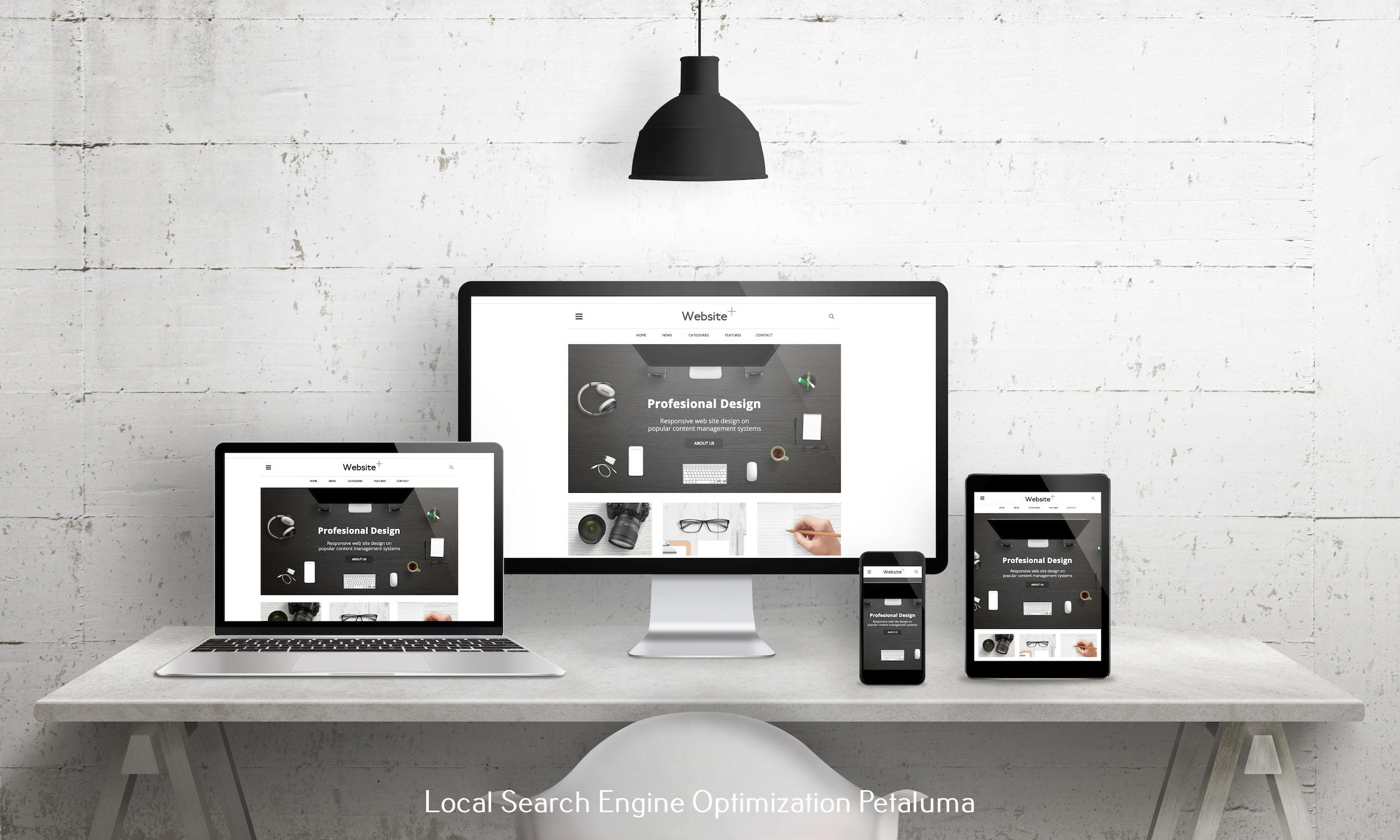When it comes to digital marketing, keyword research plays a crucial role in determining the success of a campaign. It involves identifying the words and phrases that your target audience uses when searching for products or services online. However, many businesses overlook one important step in keyword research – competitive analysis.
In this article, we will explore why competitive analysis is an essential component of keyword research and how it can help businesses optimize their online presence.
What is Competitive Analysis?
Competitive analysis involves researching and analyzing your competitors' strategies to understand their strengths, weaknesses, and overall performance. When it comes to keyword research, competitive analysis focuses on examining the keywords that your competitors are targeting and how they are using them.
By conducting a thorough competitive analysis, businesses can gain valuable insights into their industry landscape and identify opportunities to improve their own keyword strategy.
Identifying Your Competitors
The first step in conducting a competitive analysis is identifying who your competitors are. This may seem obvious, but many businesses make the mistake of only considering direct competitors – those offering similar products or services within the same geographic location.
However, when it comes to online competition, there are no geographical limitations. Therefore, it's important to consider both direct and indirect competitors who may be targeting the same keywords as you but in different locations or industries.
Once you have identified your main competitors, you can then begin to analyze their keyword strategy.
Analyzing Your Competitors' Keywords
One of the main reasons why competitive analysis is crucial for effective keyword research is that it allows you to identify which keywords your competitors are targeting. This not only helps you understand what terms they believe are important but also gives you an idea of what keywords might be effective for your own campaign.
There are various tools available that can help with this process by providing data on your competitors' top-performing keywords. Some popular options include SEMrush, Ahrefs, and Google Keyword Planner.
By analyzing your competitors' keywords, you can also gain insights into their content strategy. For example, if you notice that a competitor is ranking highly for a specific long-tail keyword, you can explore their content and see how they are using it to attract potential customers.
Identifying Keyword Gaps
Another benefit of conducting competitive analysis in keyword research is that it allows businesses to identify any gaps in their own keyword strategy. By analyzing your competitors' keywords and comparing them to your own, you may discover opportunities to target new or alternative keywords that your competitors have missed.
For example, if all of your competitors are targeting broad keywords related to your industry, there may be an opportunity for you to focus on long-tail keywords – longer and more specific phrases that potential customers may be searching for.
Long-tail Keywords: The Key to Success
Speaking of long-tail keywords, they play a vital role in effective keyword research. These longer and more specific phrases may have lower search volume compared to broad keywords but can be highly targeted and valuable for driving traffic and conversions.
Furthermore, by targeting long-tail keywords, businesses can also reduce competition as they are not competing with as many other websites for those terms. This makes it easier to rank higher in search engine results pages (SERPs) and attract qualified traffic.
Using competitive analysis to identify gaps in your competitors' keyword strategies can help businesses discover untapped opportunities for targeting long-tail keywords and gaining an edge over the competition.
Tracking Your Competitors' Performance
In addition to identifying opportunities for improving your own keyword strategy, competitive analysis also allows businesses to track the performance of their competitors' campaigns. By monitoring changes in rankings and organic traffic over time, you can gain insights into which tactics are working well for them and adjust your own strategy accordingly.
Conclusion
As we've seen throughout this article, competitive analysis is a crucial component of effective keyword research. It allows businesses to gain valuable insights into their industry landscape, identify opportunities for improvement, and track their competitors' performance.
By analyzing your competitors' keywords and content strategies, you can also discover new opportunities for targeting long-tail keywords and driving qualified traffic to your website. So don't overlook the role of competitive analysis in keyword research – it could be the key to unlocking success in your digital marketing efforts.






































0 Comments